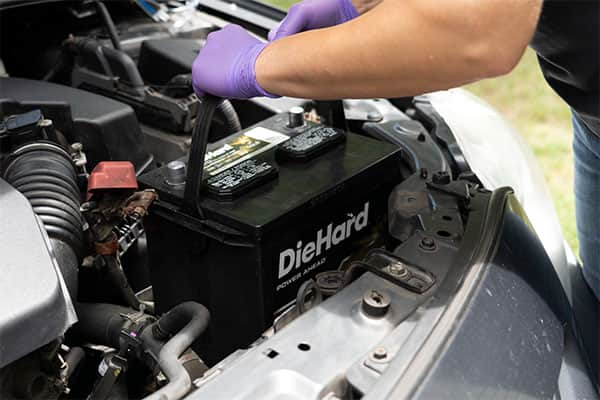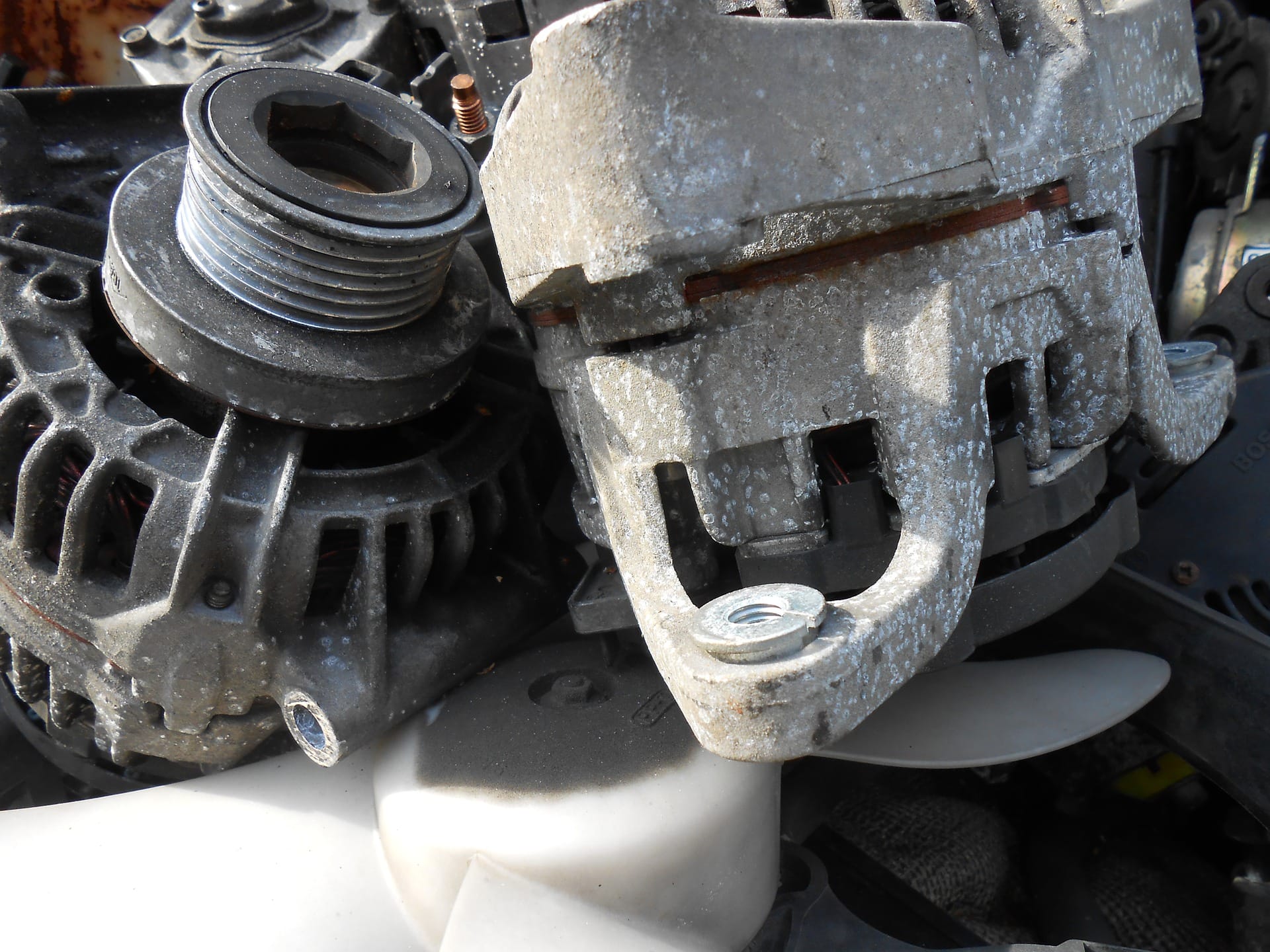
Let's face it — your car battery won't last forever. Whether you want to prolong the life of a battery that isn't frequently used, or you're nursing a battery that is on its last leg, battery chargers can be an important investment. Therefore, knowing how to connect your charger properly, choosing the right type of car battery charger and understanding battery charger functions and advanced features should be a top priority.
THE FUNCTION AND PURPOSE OF A CAR BATTERY CHARGER
Even healthy batteries drain over time if they're not recharged. Normally this is the alternator's job to perform while driving, but vehicles that aren't driven frequently or that are only taken on short trips may not be fully recharged, leaving you stranded the next time you're ready to go somewhere.
Repeated discharge cycles will shorten the life of a battery, so it's important to have a good charger on hand. Car battery chargers deliver steady current to the battery, and modern chargers will monitor the battery's charge and automatically switch to a low current maintenance "trickle" charge to prevent overcharging the battery.
Advance Auto Parts stores offer free battery testing and installation*.
HOW TO CHARGE YOUR CAR BATTERY
- If your battery's cells are accessible and not sealed, check the electrolyte levels and top off if needed (remember to use distilled water only).
- Make sure that the battery terminals are clean and free of any corrosion.
- Refer to your owner's manual regarding the voltage of the battery.
- Check your charger's specific operation instructions.
- Disconnect the battery terminals from your car's electrical system.
- Connect the charger's positive cable to the battery's positive terminal.
- Do the same with the negative ones.
- Plug the charger in and turn it on — an ammeter should indicate whether or not the battery is charging.
TYPES OF CAR BATTERY CHARGERS
When figuring out how to charge a car battery as easily and safely as possible, you should know about the different types of chargers available on the market. Basic home chargers will offer an output of 3-6 amps when charging a battery that is in good condition. Some also feature advanced safety systems, automated charging features and safety measures that prevent overcharging. If your battery is deeply discharged, it will need a multi-hour charge. Think about your cell phone — if it's completely depleted, you can charge it for 15 minutes and might have enough juice for a call, but it's not enough to keep the phone going for very long.
OTHER WAYS TO CHARGE YOUR CAR BATTERY
A car battery charger is not the only way to go. You can also consider jump starting your car by connecting your battery to another car and revving the engine to slowly charge the dead car until the battery can keep it running. Once the engine starts, the car's charging system should take over, and all you have to do is drive around until your battery is charged. While this process can be fast and practical, it may not work if the battery is totally exhausted or if it's old and very weak. In general, a charger is a better, more reliable option for charging a car battery.
Check out popular battery accessories.
*Car battery testing and installation available on most automotive vehicles, at most locations, unless prohibited by law.










